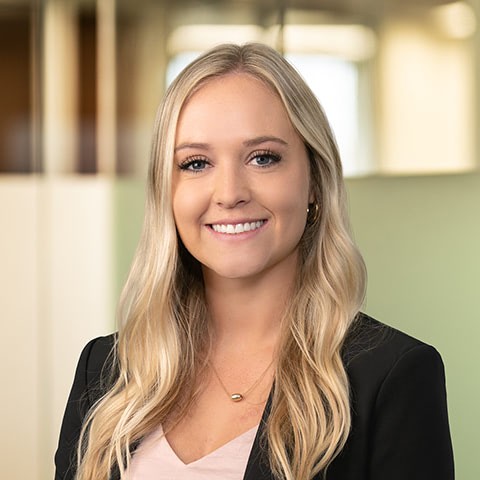L-2 Spouses No Longer Need a Separate Employment Authorization Document For U.S. Work
Topics: Immigration
On November 10, 2021, the US Department of Homeland Security settled a lawsuit and agreed that the spouses of L-1 intracompany transferees (“L-2 Spouses”) will be granted employment authorization without the need for a separate employment authorization document (“EAD”). Federal law regulates employment authorization for foreign nationals in the United States, and employers face stiff penalties for employing unauthorized individuals.
While certain foreign nationals like, Lawful Permanent Residents or “Green Card Holders”, are automatically employment authorized because of the immigration status they hold, others are required to seek a separate employment authorization document before commencing work. The Immigration and Nationality Act states “[DHS] shall authorize an [L-2 nonimmigrant] spouse to engage in employment in the United States and provide the spouse with an ‘employment authorized’ endorsement or other appropriate work permit.” 8 USC § 1184(c)(10). Despite the clear statutory language of compulsion, US Citizenship & Immigration Services (“USCIS”) interpreted this statute to require L-2 spouses to obtain a separate employment authorization document before commencing employment in the United States. This settlement means that L-2 spouses will no longer be required to seek an EAD. They may commence employment with any employer upon arrival in the United States, and will not be found inadmissible for having engaged in unauthorized employment for working without an EAD.
This settlement has two potential benefits to employers:
USCIS has been notoriously slow in processing EAD card applications. Even though the L-2 spouse’s nonimmigrant status was extended, employers have terminated or placed L-2 spouse employees on unpaid leaves of absence because their EAD card expired. With this change, employers will no longer be forced to terminate employees simply because the USCIS had not processed the employee’s EAD card renewal application.
Secondly, using an L visa, designed to transfer employees of foreign subsidiaries abroad to work in the US, will be much less disruptive to many families. Often, the spouse of the transferring employee was required to sacrifice his/her career to accommodate the transferring employer and spouse. Prior practice required the L-2 spouse to wait many months for the issuance of an EAD card. Under the settlement agreement, L-2 spouses will not need a separate EAD and can search for employment in the US while the transfer is in process and accept employment upon arrival.
Expect to see USCIS issue regulatory guidance affecting this change in the near future. If you need help processing employment authorization for your employees, please contact Richard Green at CDF Labor Law LLP.





